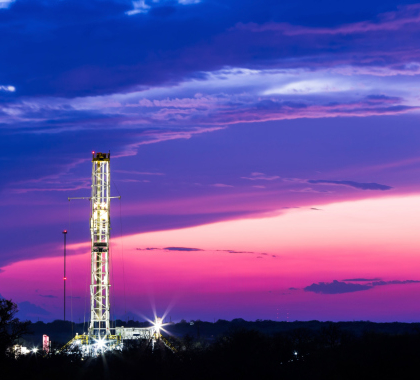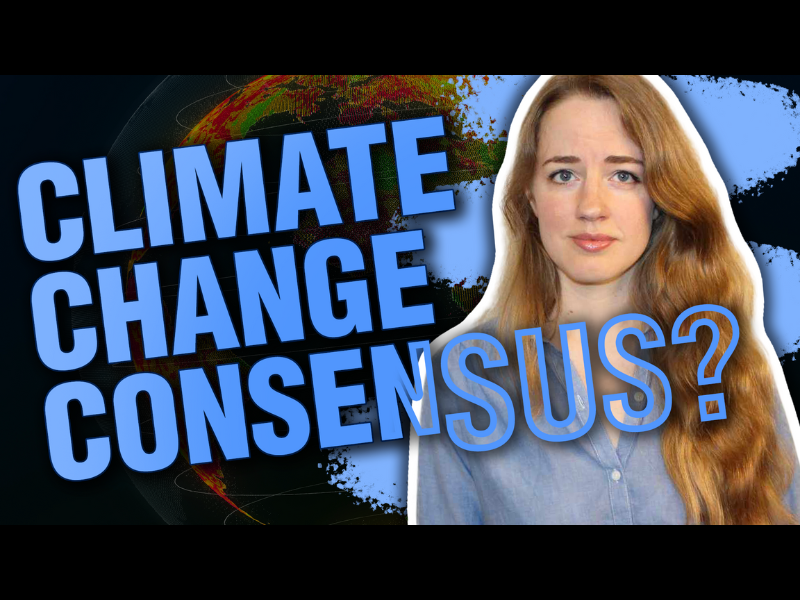A peer-reviewed study published in the Journal of Geophysical Research: Atmospheres, the journal of the American Geological Union (AGU), was retracted in January after an “error in wind measurement” led the writers to overstate methane leakage rates at drilling sites in the Marcellus Shale region in southwestern Pennsylvania and northern West Virginia.
In conducting the 2017 study, a research team led by scholars from the University of Maryland performed three aerial measurements over the region in August and September of 2015, finding a methane leakage rate of 3.9 percent of total production. The paper called drilling in the area a “climate detriment.”
“At our measured leak rate, the use of natural gas rather than coal for combustion will result in a relatively greater climate impact over the next few decades,” the authors wrote.
In a tweet promoting the study, AGU claimed enough methane was leaking from the Marcellus to power a city twice the size of Washington, DC.
Errors and Retraction
After accounting for the errors they made in the original study, the researchers concluded the leakage rate was less than half of what they had reported.
“The original wind measurements led to an overestimate of methane emissions from oil and natural gas operations,” the retraction states. “A reanalysis with corrected winds reduced the total estimated emissions by about a factor of 1.7, with a correspondingly larger reduction in emissions of methane attributed to oil and natural gas in the southwestern Marcellus Shale area.”
Emissions ‘Are Generally Quite Low’
Isaac Orr, a research fellow for energy and environment policy at The Heartland Institute, which publishes Environment & Climate News, says the corrected findings are consistent with numerous other studies showing methane emissions from oil and gas operations in the United States are very low.
“The retracted [corrected] version of this study is much more in line with the findings of other studies examining methane emissions from oil and natural gas production sites around the country,” Orr said. “These studies have shown methane emissions from oil and natural gas production are generally quite low because companies either capture methane to sell as natural gas, or burn the methane in an act called flaring.”
A separate 2017 study of methane leakage in the Marcellus Shale from researchers at Pennsylvania State University, published in the peer-reviewed journal Atmospheric Chemistry and Physics, found a leakage rate of 0.4 percent, approximately one-tenth of what the retracted study claimed. The Penn State study was the first to make use of long-term continuous sampling of methane emissions, unlike most studies, including the retracted AGU one, which use aerial samples over a small number of days and assume the data represents average emissions over the long term.
Data from the U.S. Environmental Protection Agency’s (EPA) Greenhouse Gas Reporting Program shows methane emissions in the Appalachian Basin, which includes the Marcellus and Utica Shale regions, decreased by 63 percent between 2011 and 2016. EPA also reports overall U.S. natural gas operations emitted 30 percent less methane than the average rate of leakage globally.
Peer Review Missed Error
Jordan McGillis, a policy analyst at the Institute for Energy Research, says with so much potential to affect public policy, it’s troubling the initial paper passed peer review.
“That an error of this magnitude made it through the publication process is unfortunate,” said McGillis. “It is not difficult to imagine the paper’s startling conclusions influenced the public against hydraulic fracturing, against gas infrastructure, and against gas generally.
“Misinformation perpetuates anti-energy bias in our culture and can result in real harm,” McGillis said.
McGillis says state governments in two regions near Marcellus energy operations have limited pipeline development because of environmental activists’ opposition.
“Consider the fact the New York and New England regions should be benefiting from the Marcellus Shale’s proximity but are instead hamstrung by pipeline opposition,” said McGillis. “Just this winter, ISO New England [the regional electric power transmission provider] produced a report citing insufficient gas infrastructure as a leading factor in their prediction of future fuel insecurity and operator-imposed blackouts.”
Timothy Benson ([email protected]) is a policy analyst with The Heartland Institute.
INTERNET INFO
Xinrong Ren et al., “Retraction: Methane Emissions From the Marcellus Shale in Southwestern Pennsylvania and Northern West Virginia Based on Airborne Measurements,” Journal of Geophysical Research: Atmospheres, January 2018: http://onlinelibrary.wiley.com/doi/10.1002/jgrd.54397/full





